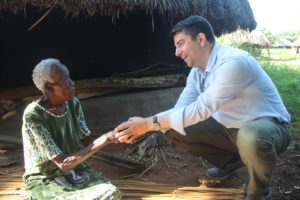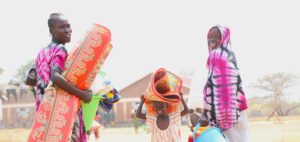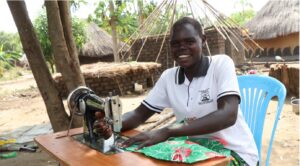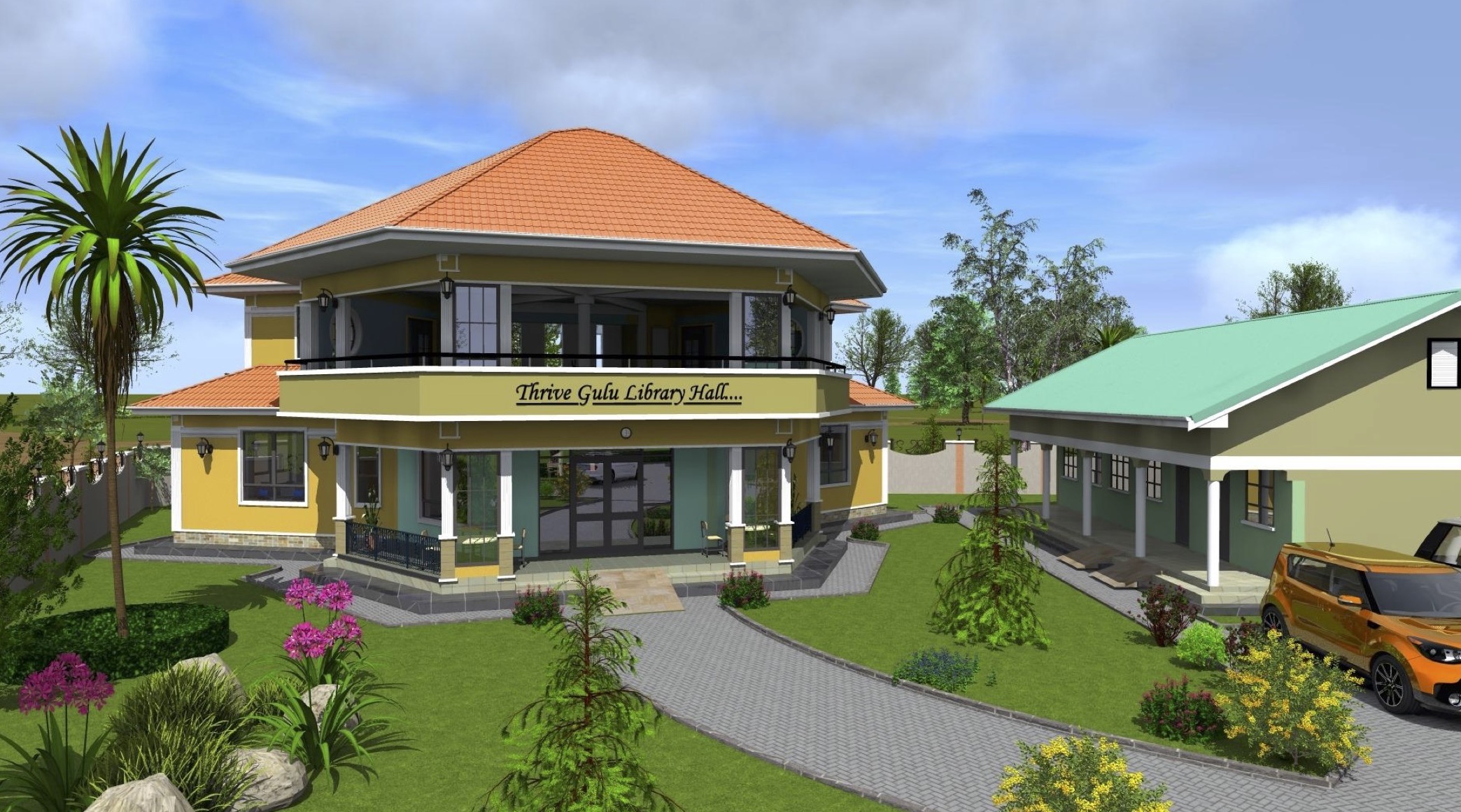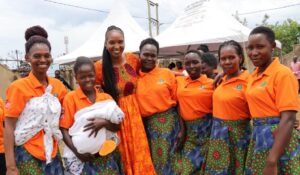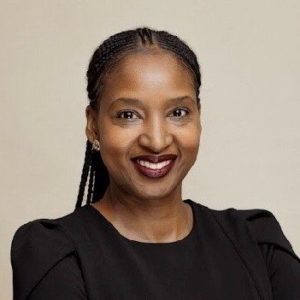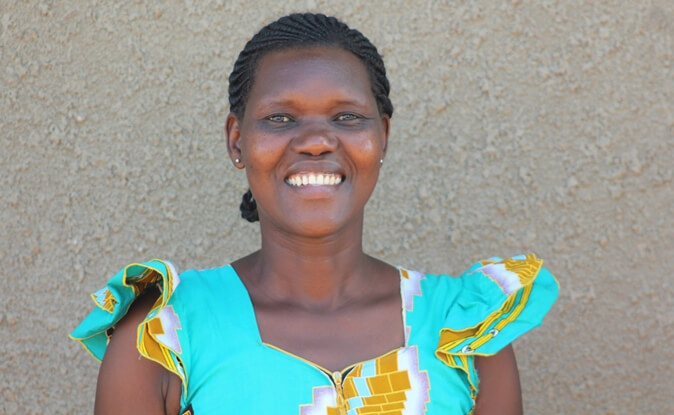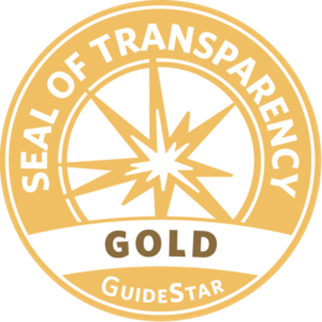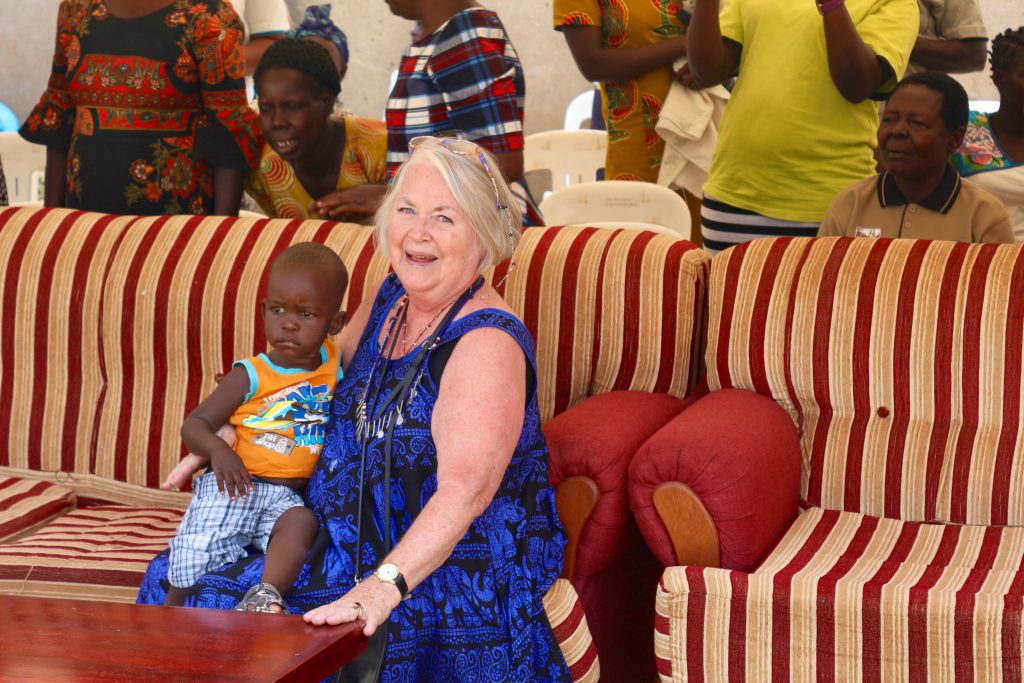
When we first went to Gulu to establish THRIVE as an NGO after the LRA war ended, we asked people who had been displaced by the conflict or had lost their homes, land and communities, what they felt they needed and wanted most. We knew that people needed services and were trying to heal. They wanted help of many kinds, and we were there to offer it. But we were not clear on what to do first. So we asked. We found that men and women in Uganda who have survived war felt lucky to be alive and healthy. But many said they suffered a hidden wound which was the embarrassment of having missed out on the chance to go to school as youngsters and now not knowing how to read and write.
As the government slowly reestablished public schools and many churches set up private schools, children eagerly went off to learn. But parents or grandparents who could not read with their little ones or help them with homework, couldn’t make up for those lost years. Devoted as they are to their children’s educational progress, these parents felt helpless to guide them as they wished. They told us they wanted a literacy program.
So, along with other healing services, and life-skill training, THRIVE determined to set up such a program and to get as many people as we could involve. We hired a leading literacy consulting group from the US called Interweave Solutions. Their leader, Lynn Curtis, came to Gulu and guided a cadre of adults in drafting a reader that would become the text for multiple groups of adult learners to become proficient in both Acholi and English language skills. That was three years ago.
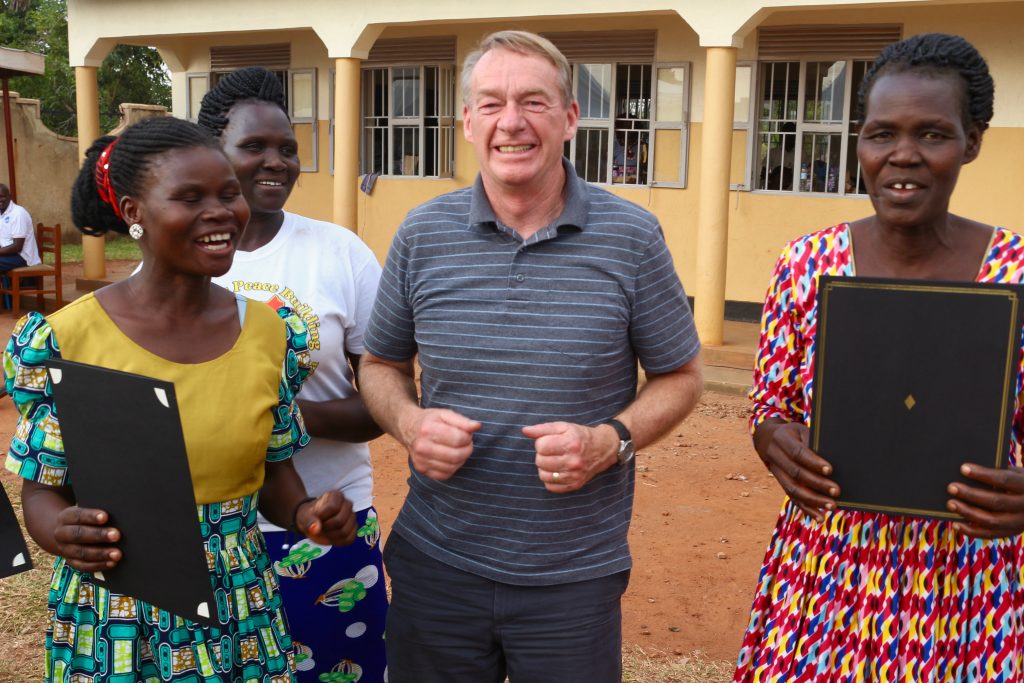
Last month I was thrilled to be in Gulu where I watched hundreds of men and women being honored with certificates for mastery of either basic writing and reading, or of more advanced skills learned in a second and third year of study. This third year is integrated in a program that uses learning about business basics as a platform for learning more sophisticated language skills. It amplifies what we already teach in our Village Savings and Loan Associations (VSLA) and also encourages applying these skills in leadership positions. It was a wonderful scene at our campus in Gulu where names were read out and cheers went up as each student came forward and received her or his certificate.

One of the wonderful things about out literacy program is that the first group to go through the program became the facilitators for the next groups, and so on and on. This process is one that is self-perpetuating. The learners become the trainers and group after group learns from the ones before. Not only does this reinforce the learning that is accomplished in the first level, but it also brings on a great sense of unity among those involved in the program. The trainers know what the learners are going through, what they need most, and feel a real rapport with them. Language learning goes deep. Among the graduates of the first classes are those who first asked for these classes six and seven years ago.
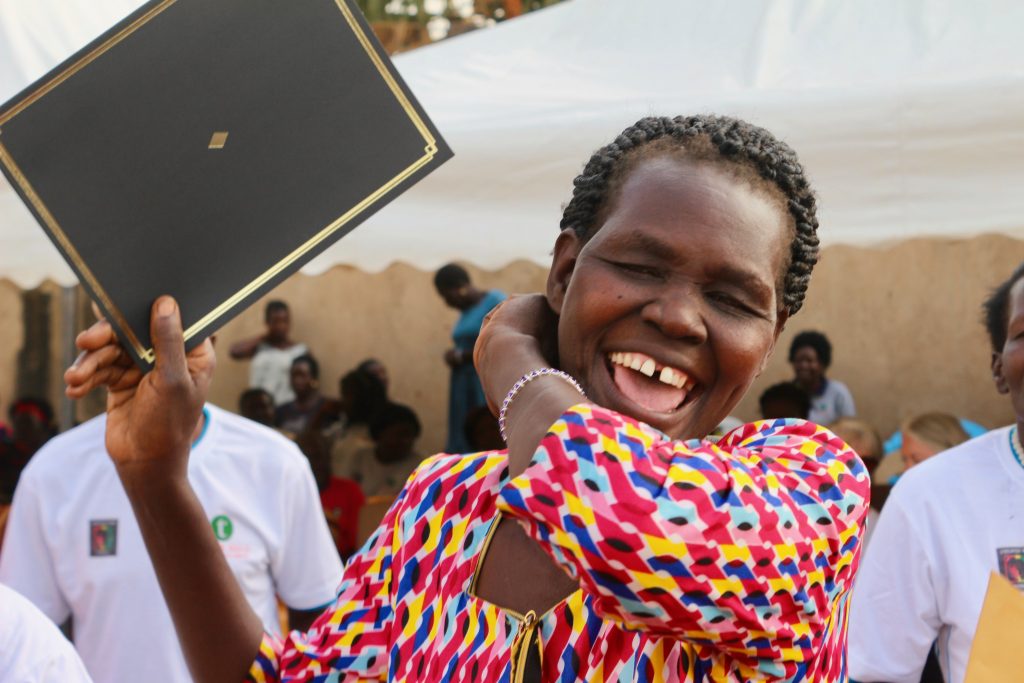
I loved THRIVEGulu and had high hopes for what it might offer to anyone in Gulu who wanted to come to benefit from our services. But this successful literacy program is beyond my expectations. Hundreds of grandparents and parents now read and are proud to tell anyone who listens about how self-respecting they feel. They explain that they understand legal documents, and report cards from children’s school. They read newspapers and directions on signs that were once mysterious. I can’t tell you how happy it made me to be able to attend this to attend this joyous, day-long ceremony.

